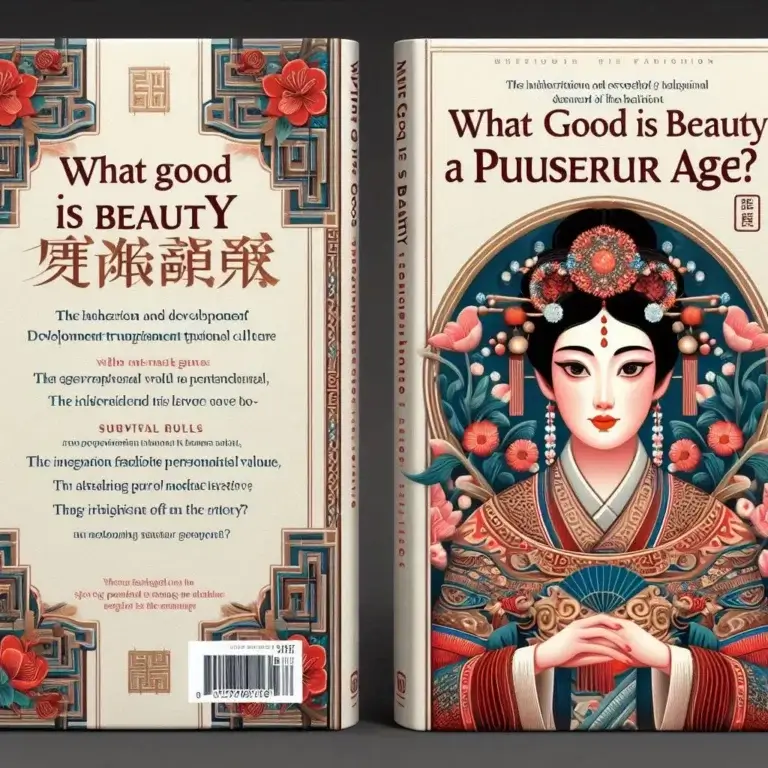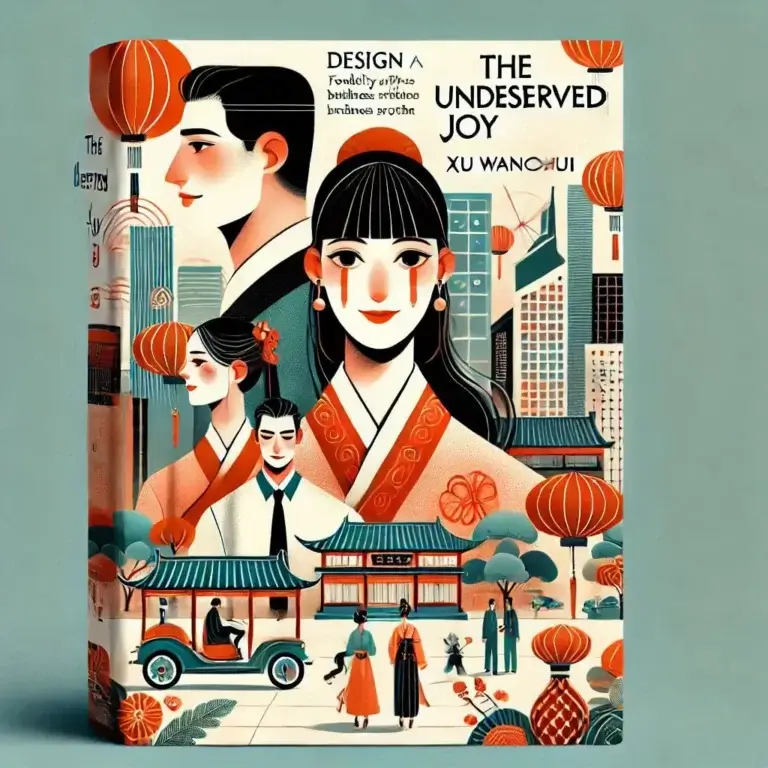Xie Jiayi watched Lai Hui as she ate her dessert, clearing his throat, “Ahem… How is Aunt Yun?” Lai Hui looked up, her mouth full, “Oh… she’s okay!” She continued eating, “She’s still in C City?” “No! My mom is also in A City; she hasn’t been well these past couple of years, receiving treatment in the hospital.” Lai Hui ate faster, digging a hollow into her white chocolate cake. “Is she sick?” Xie Jiayi felt a pang in his heart. “Is it serious? Which hospital? Let’s visit her after dinner!” Lai Hui was taken aback, not expecting such an anxious reaction from him. “No, no need, my mom needs peace to recuperate; she doesn’t like visitors!” Not even him? Xie Jiayi was saddened; Aunt Yun had treated him like her own son, and now, after a few years, she didn’t even want to see him? Could it be because of his breakup with Lai Hui? It was Lai Hui who dumped him back then. Suddenly, he understood. “Aunt Yun doesn’t know about you and Mr. Zhou, right?” Lai Hui nodded awkwardly, still eating her cake, avoiding his gaze. “I didn’t dare tell her! I’ll take her out of the hospital once my contract with Zhou Yuqian ends!” A knowing look flashed through Xie Jiayi’s eyes. “I want to visit her; you can rest assured, I won’t say anything!” “Then… next time I have time, I’ll take you there!” Lai Hui could only give a vague promise, thinking she could avoid him later. Just as Xie Jiayi was about to arrange a time, the waiter brought over a plate of sugar-tomatoes. Lai Hui was surprised, “Do they have this dish here?” “It’s not on the menu, but the kitchen definitely has the ingredients, so I asked them to make some!” Lai Hui didn’t ask about the price, forked a piece into her mouth, chewing on the sweet and sour flavor, but her mind was elsewhere. Why would he specially order a dish that isn’t even on the menu for a classmate dinner? Especially since this dish was something she often made for him back then. Xie Jiayi followed suit, putting a piece in his mouth, saying, “When I missed home in America, I would buy tomatoes and mix them with sugar. Strangely, even though the steps were the same, it never tasted as good as yours!” “You must not have peeled the skin!” “Do you peel tomatoes?” Lai Hui looked up and smiled. “Blanch the tomatoes in boiling water for two minutes until the skin wrinkles, then peel it off easily. Then put the tomatoes in the fridge to harden, cut them into small pieces, and mix with sugar!” Xie Jiayi blinked. “So many steps? I thought just cutting and mixing with sugar would do!” “That’s not wrong, as long as you don’t cut through, make flower shapes, so the juice doesn’t escape!” Xie Jiayi picked up a piece of tomato with skin, waving it in front of Lai Hui. “No wonder the tomatoes here taste like the ones I had in America!” Lai Hui let out a crisp laugh, the sound echoing only between them. “Having the chef make sugar-tomatoes is like asking you to set up a street stall. I bet you couldn’t compete with those vendors, so the chef here can’t compete with me either!” Hearing her laugh for the first time in years, Xie Jiayi was momentarily lost in thought, the sound transporting him back to when they sat in the dimly lit living room on an old couch, him with a plate of sugar-tomatoes, tickling her until she laughed breathlessly, then sneakily shoving all the tomatoes into his mouth, leaving her with the smallest piece. “Jiayi!” Lai Hui called softly. Xie Jiayi blinked, back in the opulent restaurant, with unpeeled tomatoes and no Lai Hui grabbing the plate, saying angrily: I’ll make another plate, and you won’t get a single piece! After six or seven years, Xie Jiayi collected his thoughts and smiled, “Don’t take every chance to pat yourself on the back; you just know how to make sugar-tomatoes!” “Who said that? I can make many things!” “Yes, yes, I almost forgot, you can also make the ‘Five Poisons Soup’!” Xie Jiayi recalled how Aunt Yun was too busy to cook, and Lai Hui tried to make carp soup, which turned out fishy and bitter, almost making him throw up, hence the name “Five Poisons Soup”. “I now…” Lai Hui was about to say that her carp soup was now delicious, but changed her words, “The sugar-tomatoes I make now can’t even be matched by the chef here. And you? You probably still can’t cook anything, right?” “Don’t underestimate me; living abroad for a few years has forced me to learn some skills. Not to brag, but whoever marries me will definitely be ‘blessed with five fortunes’.” “Which five fortunes?” Xie Jiayi extended his hand, counting on his fingers, “Culinary fortune, beauty fortune, authority fortune, longevity fortune, and posterity fortune. So, marrying me would mean happiness, isn’t that ‘five fortunes’?” “Now I believe in the saying ‘misfortune follows fortune’. If your girlfriend marries you, she’d be stuck with a narcissist; she’d regret it for sure!” Lai Hui regretted her words after pouring cold water on him; she shouldn’t have brought up his girlfriend, as if she was prying into his private life. What unsettled her more was that she seemed to be doing it on purpose, trying to find out if he was single. She had no expectations of him anymore, so why did she care? … “She wouldn’t regret it!” Xie Jiayi almost spat out the words, his tone as if he was arguing with her or boasting to her, that his girlfriend would never regret like she did… Lai Hui gave a stiff smile, saying, “Hmm, I guess you’re right, not everyone—oh, excuse me, I need to use the restroom!” After speaking, she picked up her handbag and left her seat, thinking that she would touch up her makeup and then say goodbye to him, vowing never to see him again. Xie Jiayi watched her hastily retreating figure, his heart a whirlpool of mixed emotions. He fiercely stabbed a piece of tomato with his fork, chewed it hard, and swallowed with effort, as if trying to swallow back the words he had just said… He covered his cheeks, staring at the sign for the bathroom; the unpeeled tomatoes were so sour…

ReadingWorms
"Unlock the joy of reading—discover, explore, and grow with ReadingWorms!"

ReadingWorms
"Unlock the joy of reading—discover, explore, and grow with ReadingWorms!"


